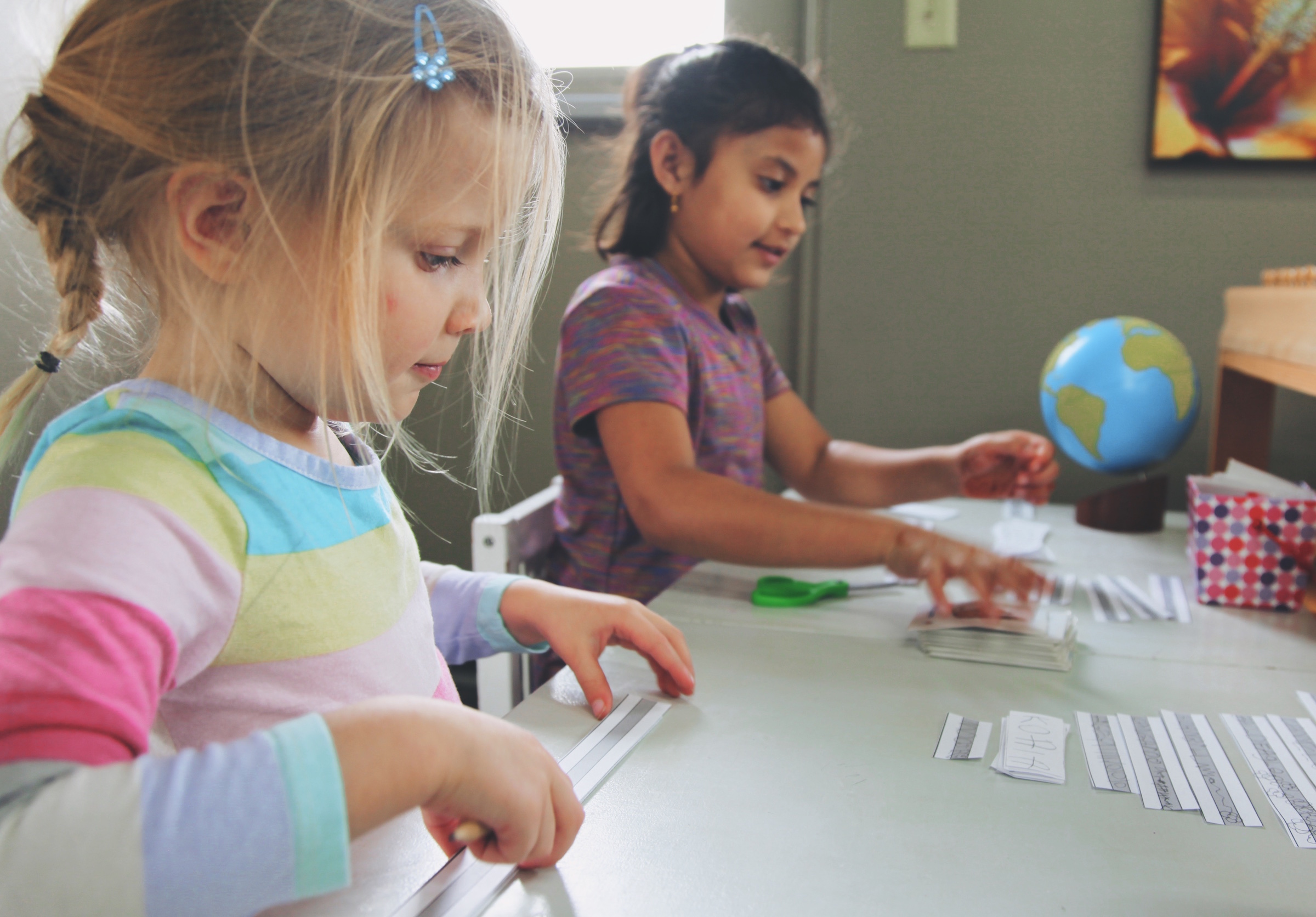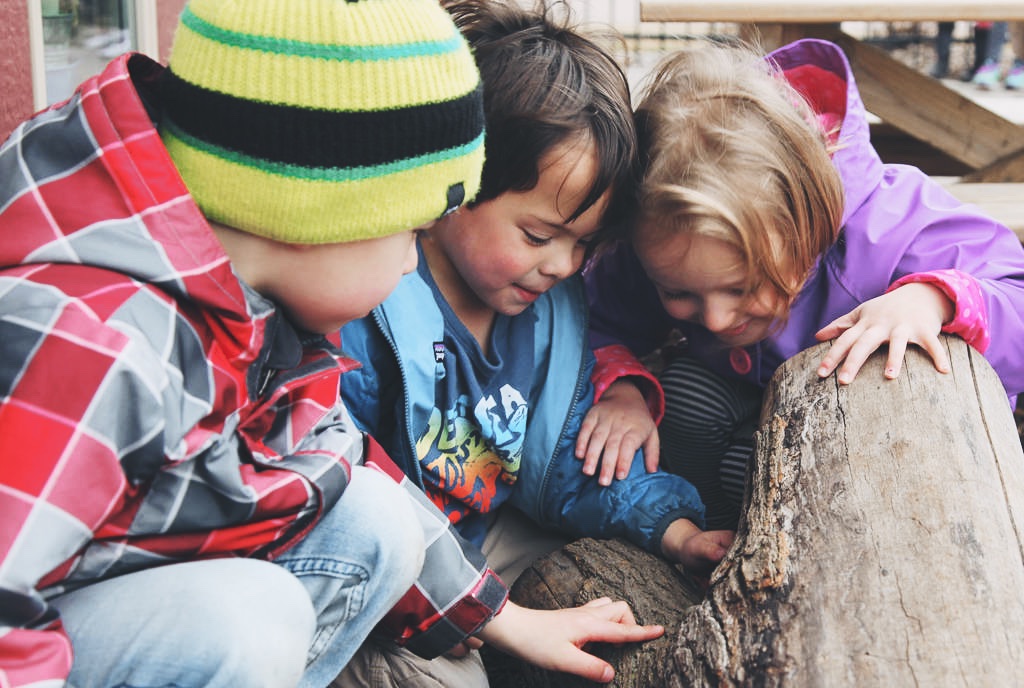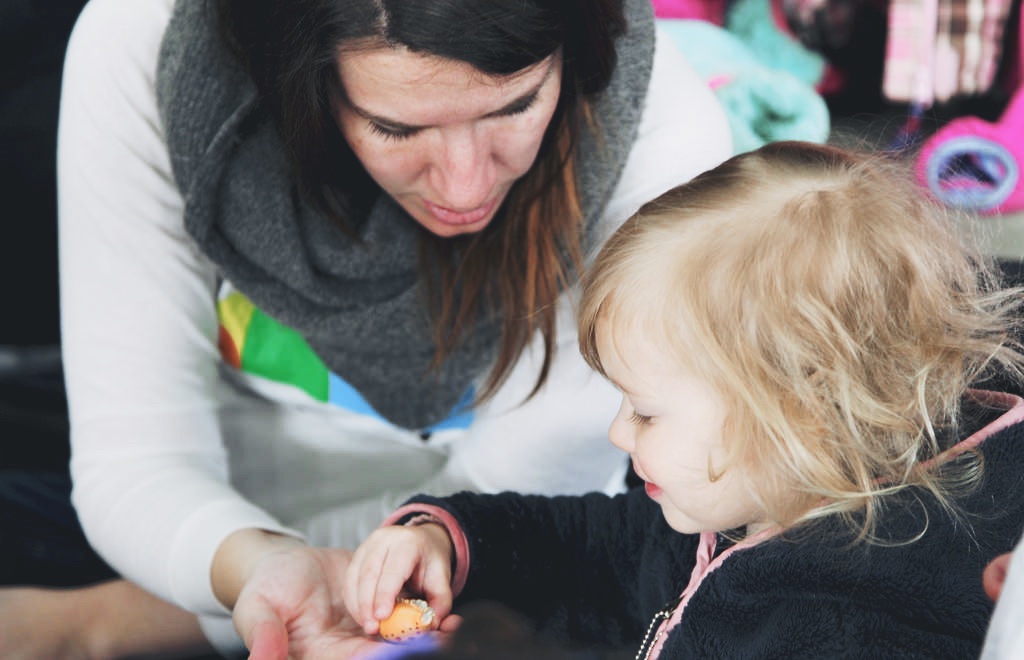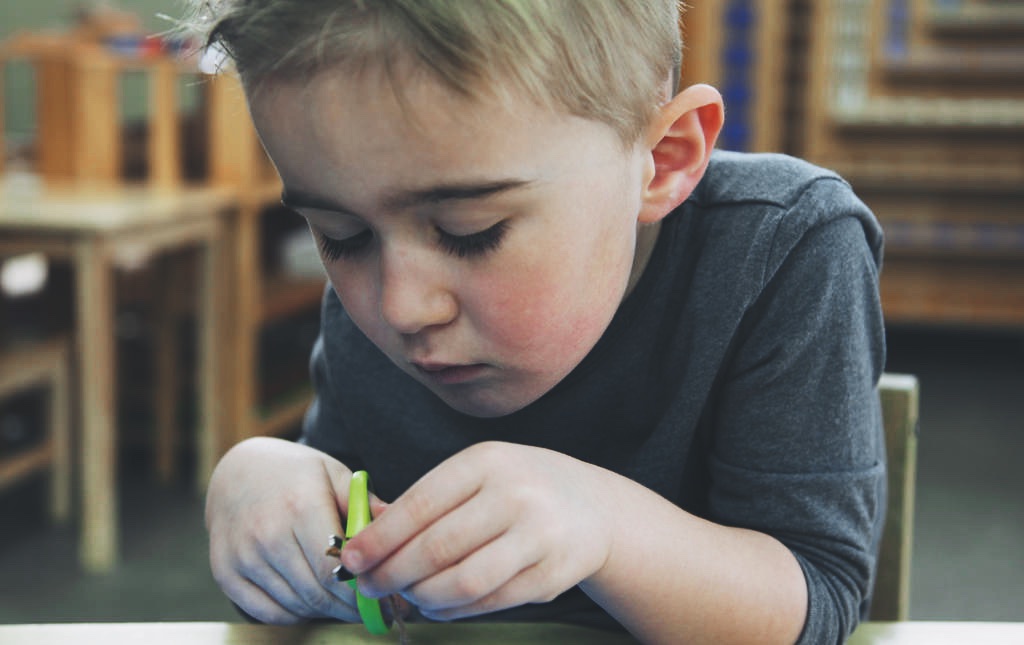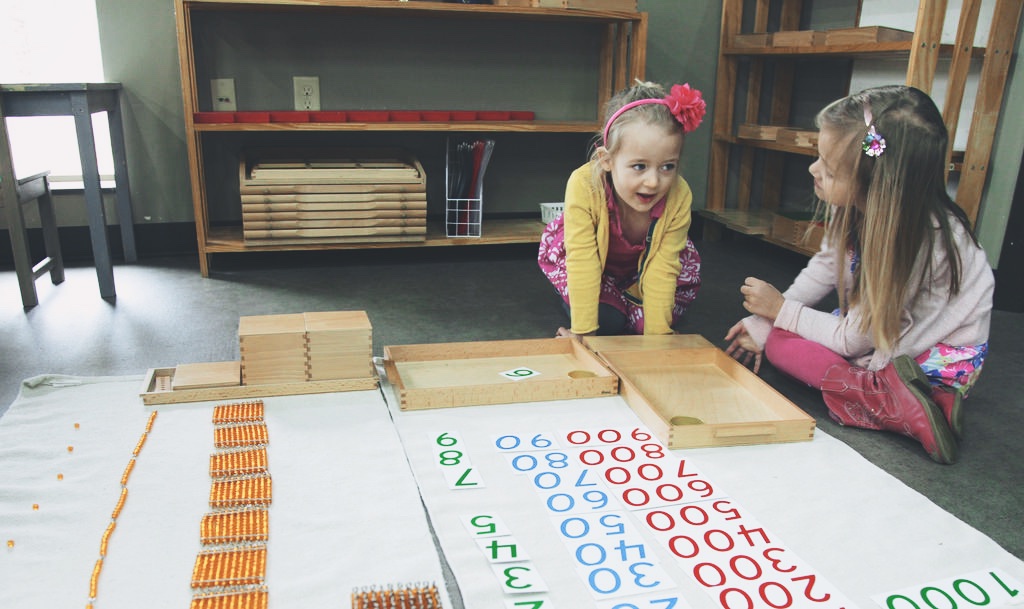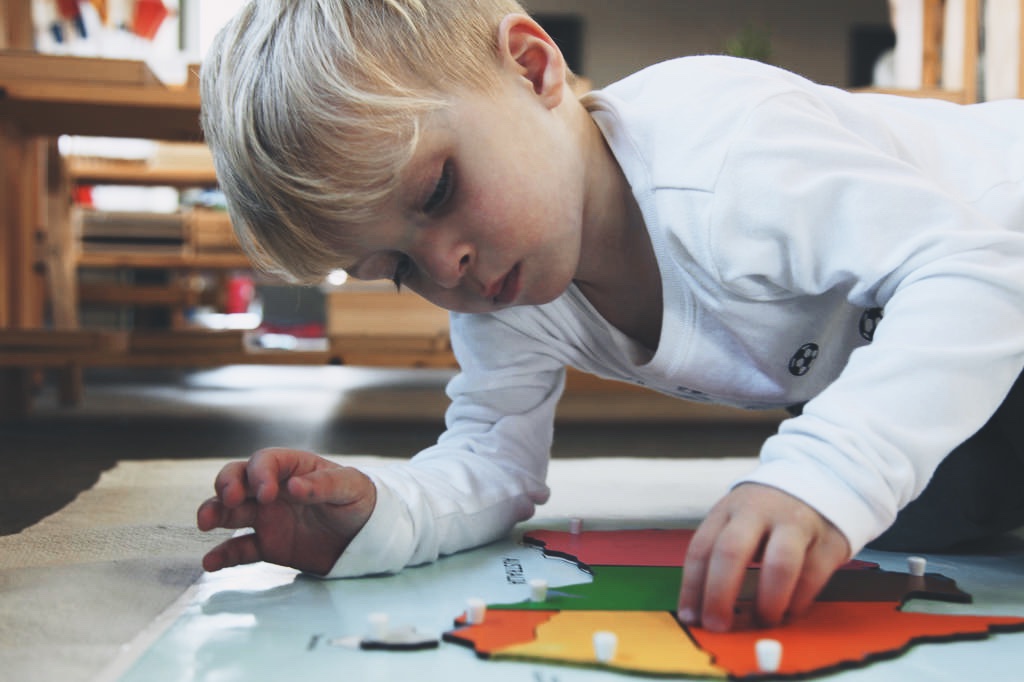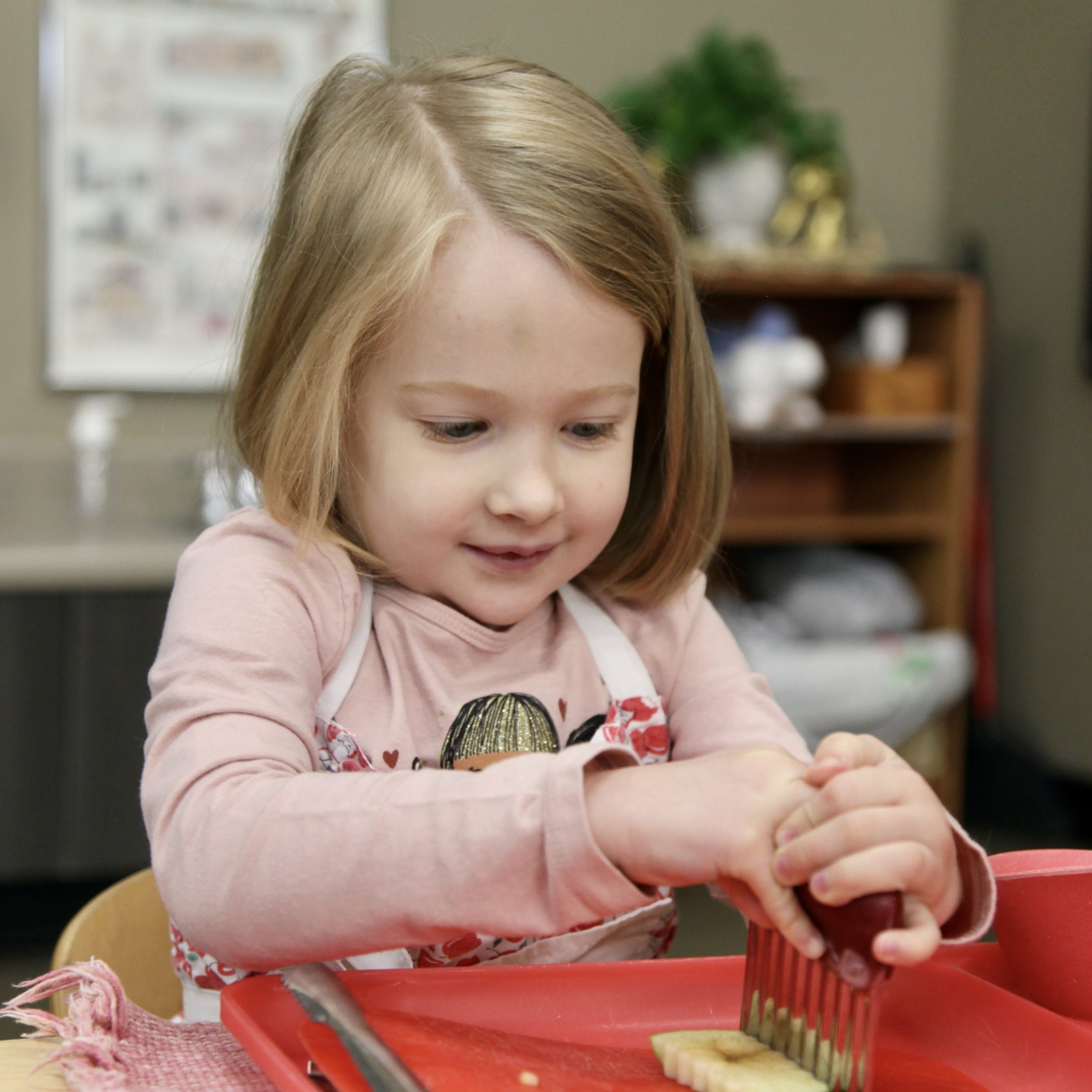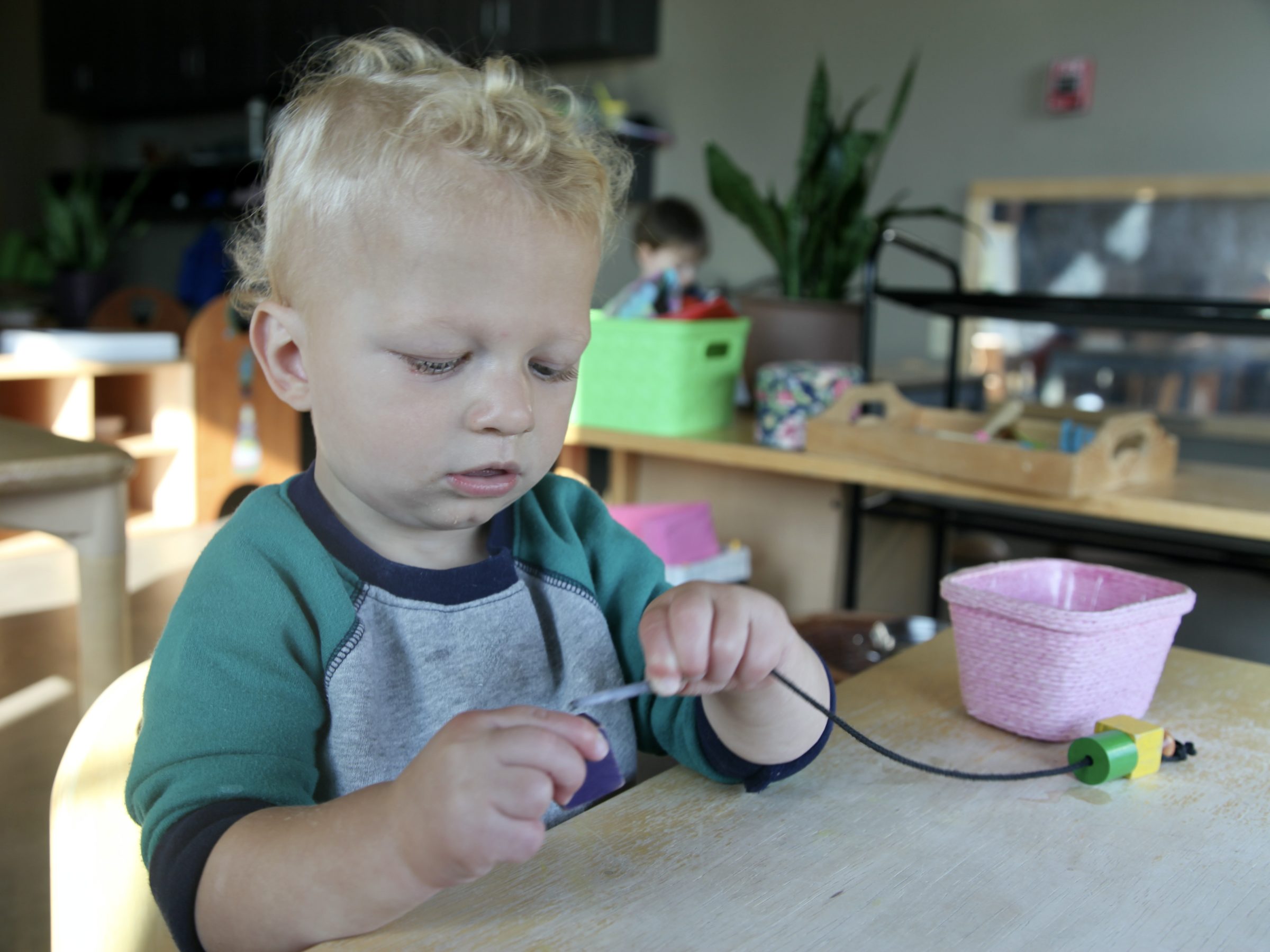The Power of Language
Thoughts & Reflections
One of the most important tools a child acquires in their earliest years is Language. The child can become fluent in any language they are exposed to at this early age; their ear forms no prejudice in hearing sounds common to dramatically different languages, their tongue can recreate these sounds without undue effort. Babies have even been known to accurately recreate non-human sounds they hear regularly, such as a dump truck, or a bird outside their window, or the dishwasher.
Children are used to using clues to decode language. The only difference between “dog” and “cavalier king charles spaniel” is the number of syllables. Children can understand and use all the proper vocabulary, syntax, and grammar we introduce to them. The words a child speaks at 18 months will naturally be more limited in nature, but once a child is speaking, their language blossoms without limit.
The language we use with and about children can define their reality. When choosing a name for their baby, parents will often look up a name’s meaning, deciding if these are qualities they would like to encourage in their child. Many families use nicknames, calling their child “lovey,” “sweetheart,” “handsome,” reflecting strong emotional attachment and care.
But do we as adults give as much care to the labels we place on children?
When we say a child is a picky eater, behaving like a monster, never going to go to sleep, are we setting up self-fulfilling-prophecies?
How do we as adults feel when we are being evaluated? Would we prefer to hear, “You write terrible emails,” or “Let’s work together on your tone in emails.” Do we justify what could be called bossiness as leadership?
Do we give ourselves and other adults grace and leeway with our language, when we might label or jump to judgement with a child?
We’re not sure.
Children take everything adults say as Truth. They trust us implicitly. Everything we have presented them with previously has been a true representation of the world. We have helped them label the world, and now we are helping them to label themselves. What kind of world are we helping a child to create by our labels?
What kind of world do we want to help our children create? What kind of self-image are we hoping to help them cultivate? How do we help them shape their reality, using primarily our words?
We are all perfectly imperfect — stumbling, misspeaking, making errors. Hopefully, through these imperfections, we learn. Never is this more true than for the young child. They are learning and growing daily. Sometimes in big and dramatic ways, as when those first few words burst onto the scene. Sometimes it’s bubbling under the surface, and it appears nothing is happening.
But, oh, something always is.
A quiet child might be observing. Saying they’re doing nothing undermines all they are learning, understanding through watching other children and adults work, watching how relationships develop, watching social norms and graces, and what happens when they are not followed.
“We are all perfectly imperfect — stumbling, misspeaking, making errors.”
A busy child might process intellectual skills better when they’re moving. There might be the next Misty Copeland in there waiting to be brought to the barre. If we say to them, “You just can’t sit still” offhandedly, they might internalize this as their true nature, that they actually are incapable of sitting still, broken in some dramatic way.
At some point, young children begin to understand that their words have power. When they are feeling frustrated or tired or hungry, they lash out with their words instead of their hands and realize what strength they have with these newly acquired tools. The truth is flexible, and they must form their internal compass. If you say something, is it true?
Children are so empathetic, and realize quickly how poorly they feel when they hurt another with their words or with their bodies. It pains them as much as it pains the intended victim, and we see this in an outburst of tears, of regret, of closing-in.
Language is such a fresh skill, the cutting words have a dramatic effect. We work with this emerging skill, aiding children to use kind, honest, helpful words. To use all our big words around children, so they can accurately describe that incredible phalaenopsis orchid blooming in the windowsill. We carefully edit our judgements, so a child does not come to us asking, is this painting beautiful, wary of their own joy at their creation. We perpetually work to use tone, vocabulary, syntax, and grammar we would like to hear emulated.
Being around children, we must perpetually be our best selves, so the child can see himself as he is — a wondrous being, perfectly imperfect, and full of hope and possibility.
Written by:
Charlotte Snyder
